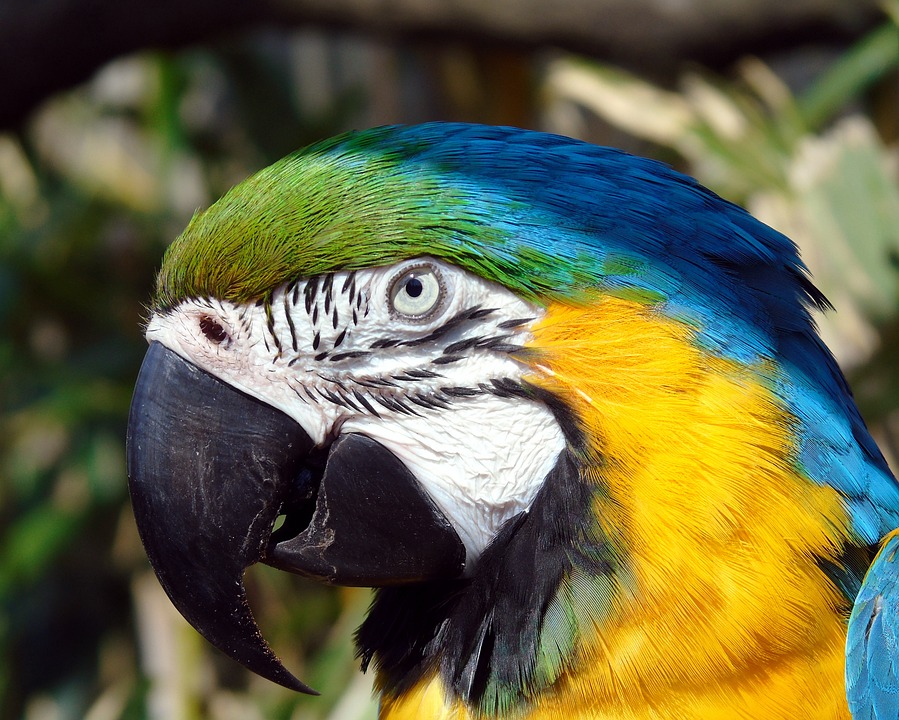Parrots are fascinating creatures known for their vibrant plumage, intelligence, and unique personalities. However, their behavior can be influenced by various factors, including changes in weather conditions. As a parrot owner or enthusiast, it is important to understand how these birds react to different weather patterns and how you can provide them with the care they need during such times.
Parrots, like many other animals, have evolved to adapt to seasonal changes. In the wild, their behavior may vary depending on the time of the year and the climate of their natural habitat. It is essential to observe your parrot’s behavior during different seasons and understand how it may be affected by these changes.
Parrots are native to various regions worldwide, from tropical rainforests to arid deserts. Depending on their natural habitat, parrots have different temperature preferences. It is crucial to provide your pet parrot with a suitable environment that mimics its natural habitat. Sudden drops or rises in temperature can affect their behavior and overall health.
Rainy weather can have a significant impact on parrots, especially those from tropical regions. Many parrot species are used to frequent rainfall and may even enjoy bathing in the rain. However, excessive rainfall or prolonged periods of wet weather can cause discomfort and stress to parrots. Ensure that your parrot has access to shelter during heavy rain to avoid potential health issues.
Windy weather can be unsettling for parrots, especially if they are not accustomed to strong gusts. Parrots may become anxious or exhibit signs of fear during windy conditions. Providing a safe and secure environment for your parrot, such as a sturdy cage or sheltered area, can help alleviate their anxiety during such times.
Changes in barometric pressure, often associated with approaching storms or atmospheric changes, can affect parrots’ behavior. Some parrots may exhibit signs of restlessness, increased vocalization, or even physical discomfort during these times. It is important to monitor your parrot’s behavior closely and provide them with a calm and reassuring environment.
Here are some frequently asked questions about parrots and their reactions to changes in weather:
Q1: Can parrots sense changes in weather before they occur?
A1: Parrots have a keen sense of hearing and can often detect changes in atmospheric conditions, such as approaching storms. They may exhibit signs of restlessness or increased vocalization as a response to these changes.
Q2: How can I help my parrot during extreme weather conditions?
A2: During extreme weather conditions, it is essential to provide your parrot with a safe and comfortable environment. Ensure their cage or shelter is secure, provide appropriate temperature control, and minimize exposure to harsh elements.
Q3: What are some signs that my parrot is stressed by weather changes?
A3: Signs of stress in parrots during weather changes may include increased vocalization, restlessness, decreased appetite, feather plucking, or aggressive behavior. If you notice these signs, consult with a veterinarian for proper guidance.
Q4: Should I change my parrot’s diet during different seasons?
A4: While parrots’ diets should be well-rounded and nutritionally balanced throughout the year, some parrot species may have seasonal variations in their natural food sources. Consult with an avian veterinarian to ensure your parrot’s diet meets their specific nutritional needs.
Q5: Can parrots enjoy outdoor time during favorable weather conditions?
A5: Parrots can indeed enjoy supervised outdoor time during favorable weather conditions. However, it is crucial to ensure their safety, protect them from predators, and avoid exposing them to extreme temperatures or sudden weather changes.
Understanding how parrots react to changes in weather can help you provide the best care for your feathered companion. By observing their behavior and providing a suitable environment, you can ensure their well-being and happiness throughout the year.









